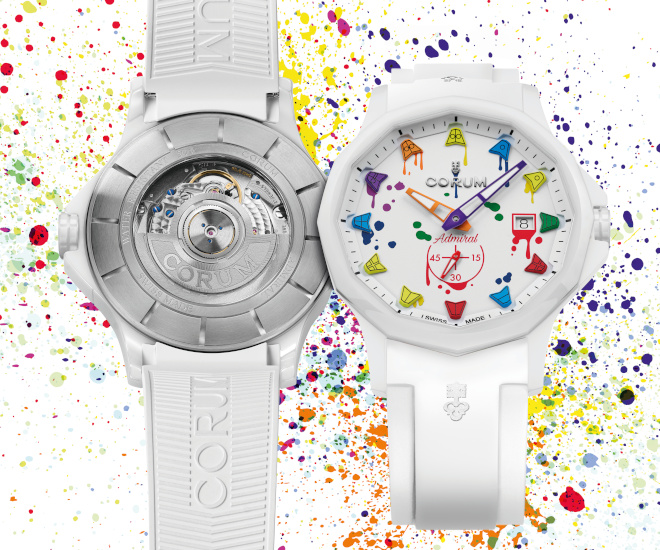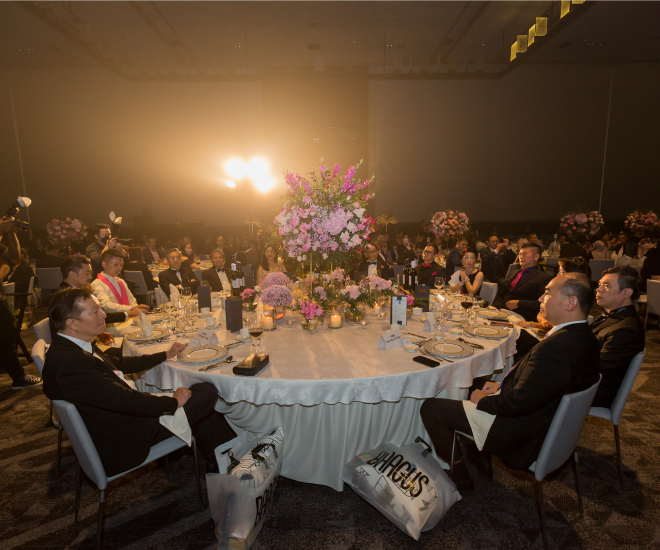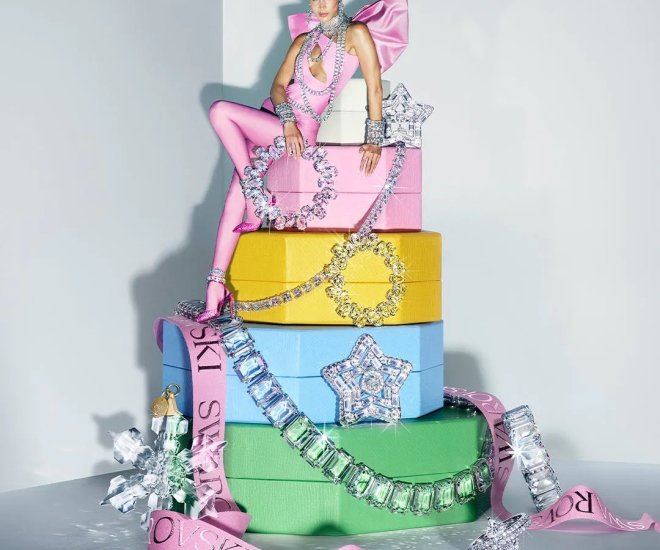The Rise of Asian Brand Ambassadors
Asia is on the rise, no doubts about it, and luxury brands are banking on this rise to garner greater attention to their brands through appointing more Asians to be their ambassadors.

Just close to two decades ago, it would be absurd to think that Asia would become an economic superpower, let alone having Asian brand ambassadors fronting a campaign. The Western countries have been leading the way ever since the end of the Cold War and the dissolution of the USSR in the 90s signalled the start of a golden age era for the United States (US) and its allies. Aside from the ideological success of liberalism over communism, on the economic front, the westerners have too become the major spenders.
In order to chase money and keep revenues streaming in, companies have to appeal to their main group of consumers who are predominantly living in the US and Europe. The Asian market was not the main source of income for most companies and thus, it was accorded a lower priority. Advertising and communications also heavily centred on catering to the western market; there was a lack of diversity in the representation of the brands. With the economies in Asia on a trajectory of growth, the spotlight begins to shift and increasingly, it is becoming a vital market not to be missed.

As we move into the “Asian Century”, or should we say we have once again entered the “Asian Century”? According to a report by Nikkei Asia, “Asia accounted for more than half of world economic output for 18 of the last 20 centuries. The region’s growing clout in the world economy is a ‘restoration,’ not a revolution.” In other words, with the focus once again fallen on Asia, we can think of this experience as a cycle, back to the days where the region, with China leading the pack, is at the peak again.
This tectonic shift is an important aspect that companies have to observe. For this reason, business is not as usual, especially for the luxury industry where the products are income elastic. This means that when a consumer’s income increases, as with the case of a burgeoning middle class in Asia, they will buy a lot more of those goods. Also, purchasing a luxury brand is a declaration of an advancement of one’s social status. In the Asian context, the concept of “mian zi” or “face” plays a paramount role in the fabric of society and owning the latest Chanel or Louis Vuitton speaks volumes about a person’s “face”.

Previously, luxury brands were not aware of this social concept practised in Asia because the region was considered economically backwards so not much attention was given to it. But now with the growing dominance of Asia, a pivot is appearing with China slowly approaching the top to be the main spender of luxury goods, hence luxury brands are appointing more Asians ambassadors so to keep on track with the growing Chinese market. According to a report by McKinsey & Company, China will account for 40% of the global luxury sales by 2025 and a separate report by Global Times indicates that the country is already headed in that direction, with its share of the global market doubling from 11% in 2019 to 20% last year.
The talks about the Rise of China first gained prominence in the political sphere as the Chinese economy was rapidly growing ever since it first opened to global trade under Deng Xiaoping’s Open Door Policy. And in 2010, it overtook Japan as the second-largest economy, just a place below the US. This steady economic growth continues till today, albeit with signs of slowing down.

Even during this current pandemic, the Chinese economy managed to achieve positive growth and doubtlessly, luxury brands are looking to work with names and faces that have the greatest impact on their customers to drive sales further.
Another reason for luxury brands to promote Asian ambassadors can be attributed to the K-wave phenomenon—K-drama, K-beauty and K-pop. The influence is undeniable and while the South Korean market for luxury goods pales in comparison to China, its stars (mainly K-pop idols) compensate this deficit with their global reach. Groups such as BTS and Blackpink have risen up to become the top few pop bands with exceptional status and their fans are known to be ardent supporters who would buy whatever these stars endorse. Hence, these K-pop stars have a Midas touch and luxury brands are not going to lose out on this opportunity to partner up with them.
Below are some prominent Asian brand ambassadors:
Lisa: Celine, Bvlgari and M.A.C
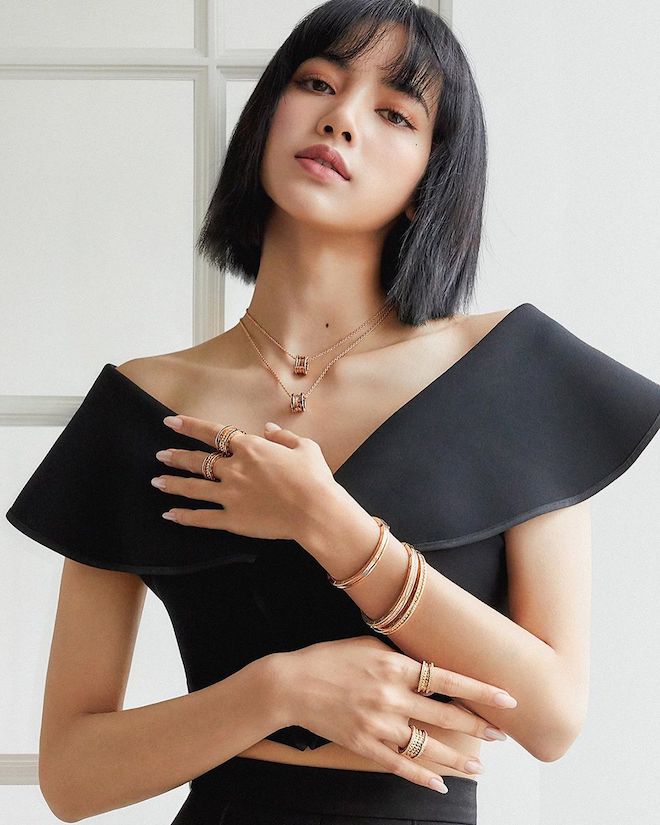
Jennie: Chanel
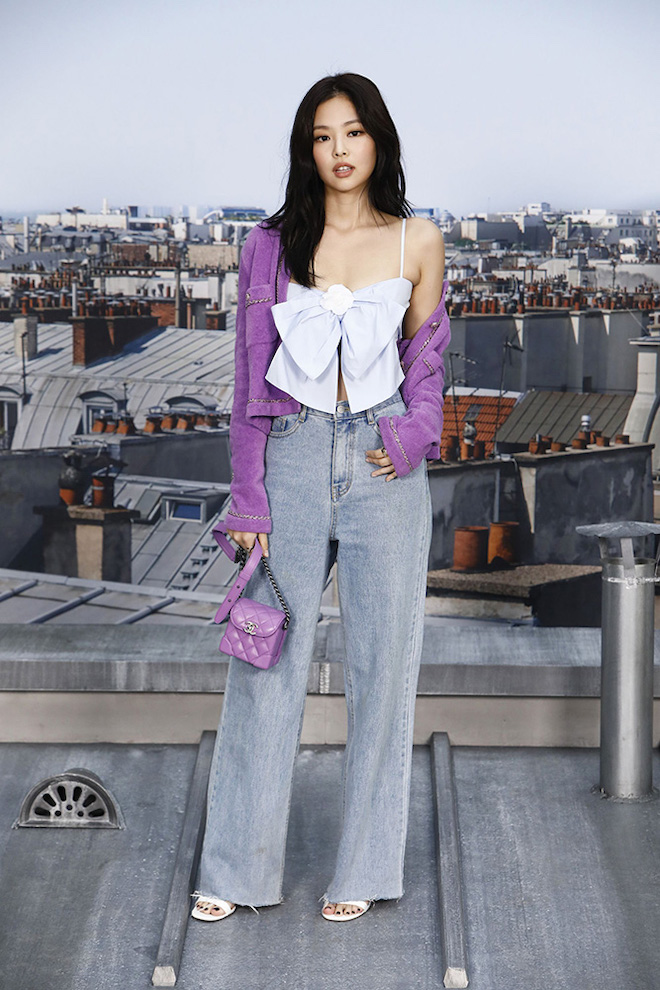
Rosè: Saint Laurent
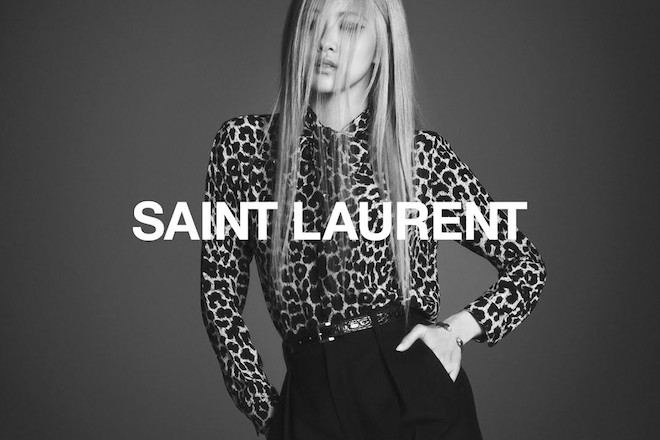
Jisoo: Dior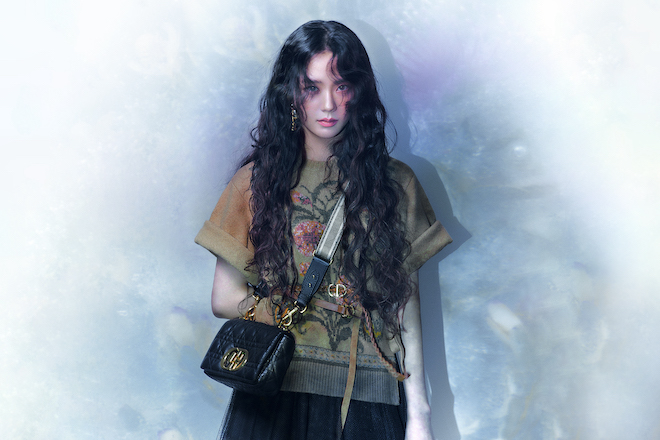
Jackson Wang: Fendi, Cartier
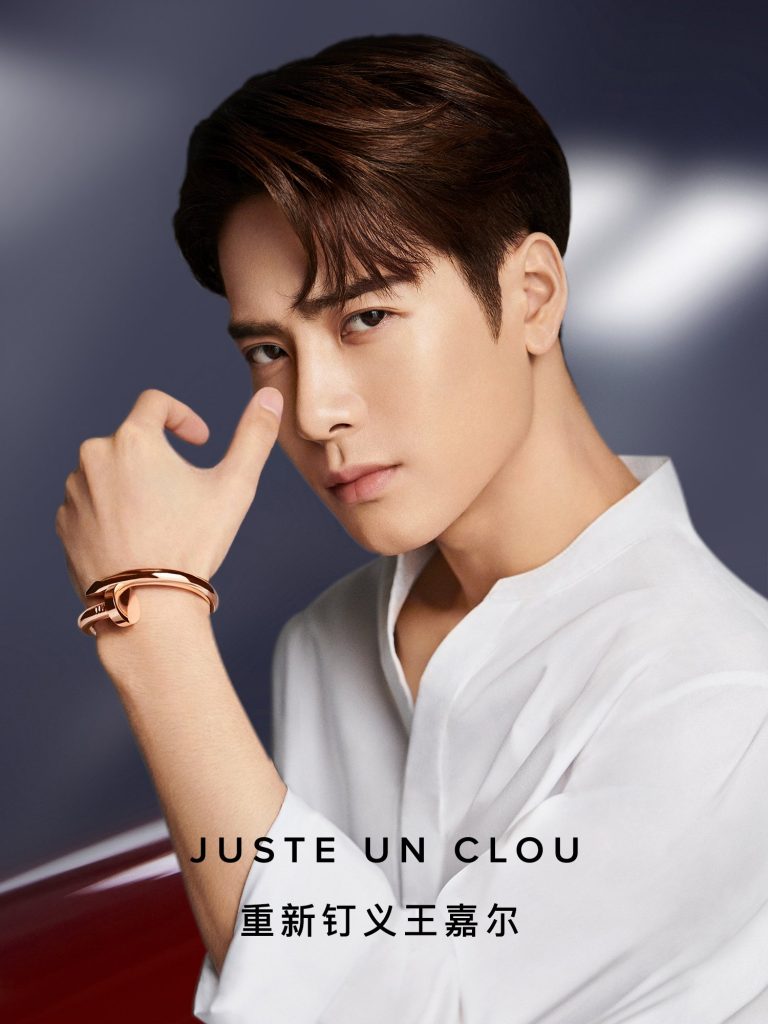
Kris Wu: Louis Vuitton
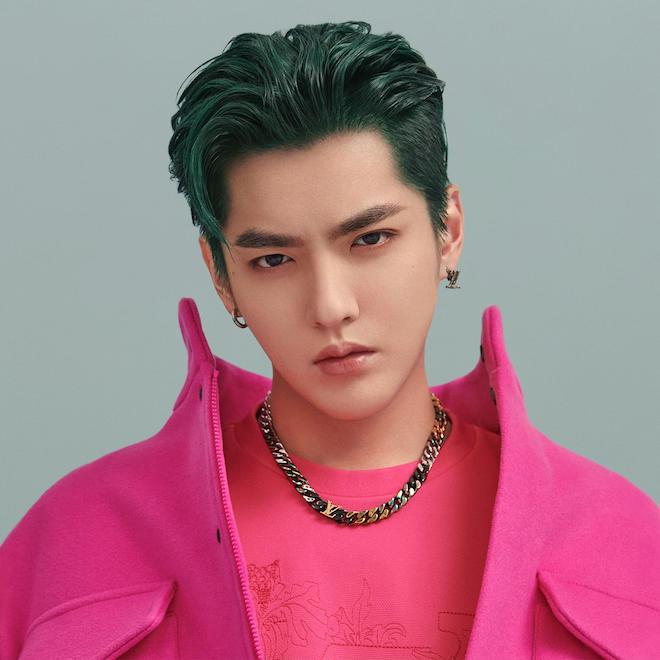
Luhan: Gucci
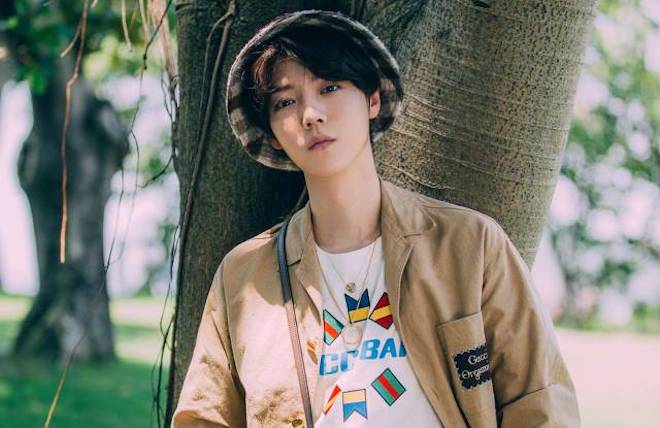
Jackson Yee: Tiffany & Co., Armani Beauty
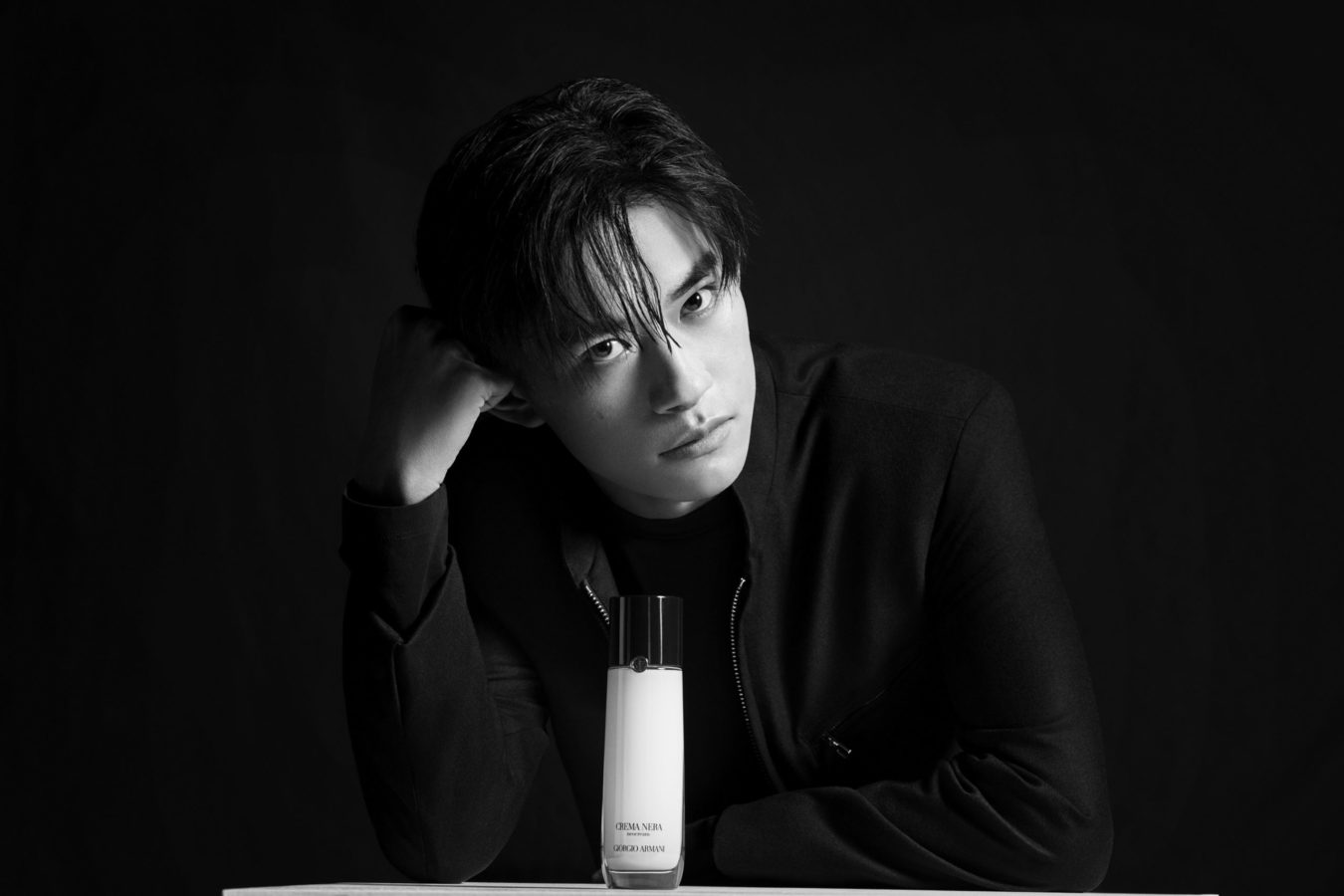
By Joseph Low
